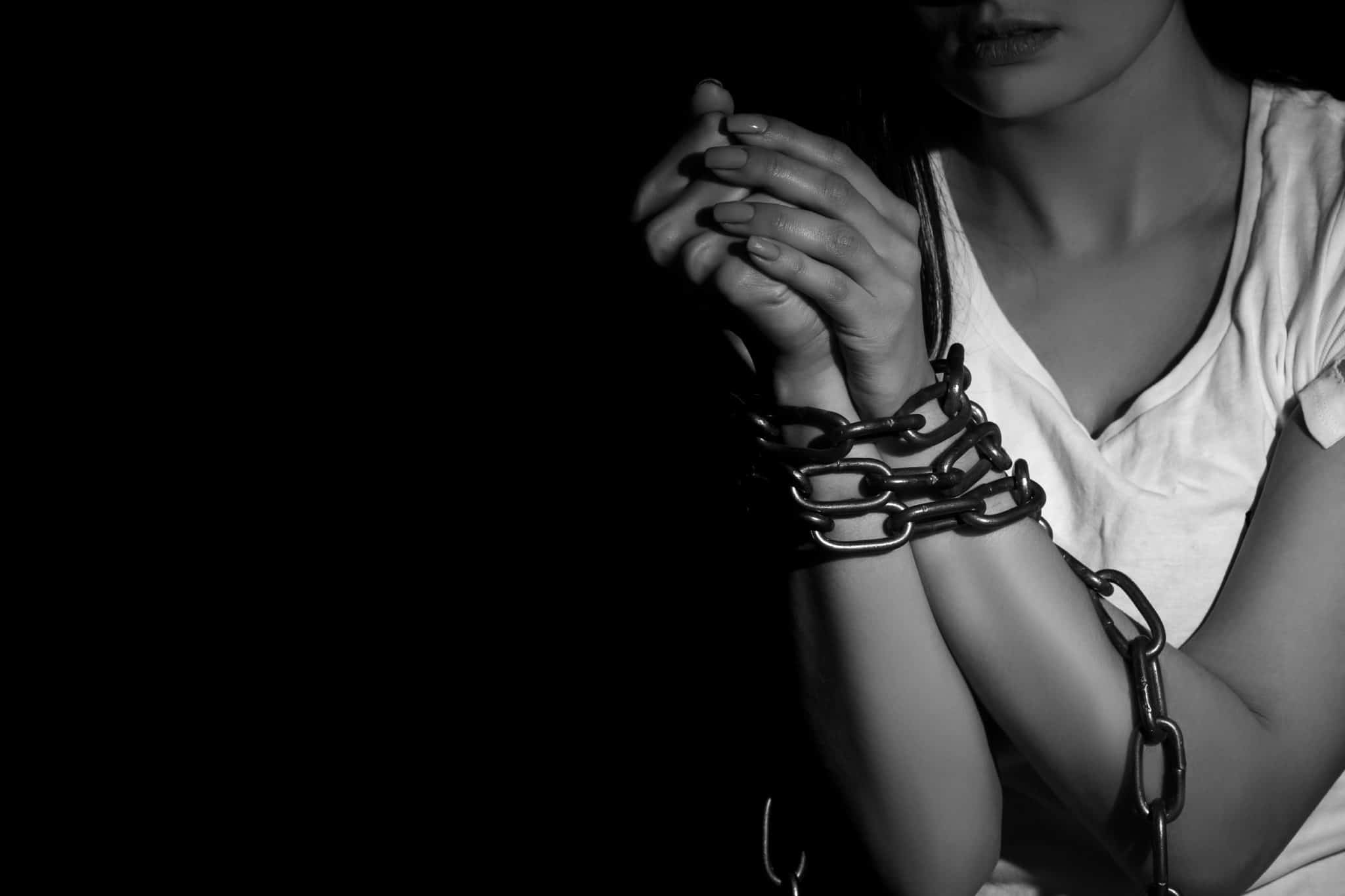What Are The Signs Of Sex Trafficking in IL?
Sex trafficking is a crime taken very seriously in Illinois. Being accused of it can have a big impact on your life – and being convicted of it can shift the trajectory of your path forever.
For many people, sex trafficking is something that is only seen on television and in movies, but the truth is that it happens in plain sight every single day. If you know what to look for, you may be able to understand when sex trafficking is happening. If you’re accused of it, then you need to understand what is at stake.
Here are some of the signs to be on the lookout for – they can clue a person into the occurrence of sex trafficking and what anyone accused of this crime can face under the law in the state of Illinois.
Who Are the Victims?
Sex trafficking, or human trafficking in general, can be experienced by anyone, but the evidence suggests that it’s usually the most vulnerable who fall victim to it. Those who are members of groups that are historically oppressed, discriminated against, and face societal inequalities are often the ones that fall prey to this type of crime. Those who traffick in people recognize these vulnerabilities and exploit them for personal gain.
Those who are most vulnerable to trafficking include:
- Anyone with an unstable living environment
- Anyone who has been a victim of violence, such as domestic violence or sexual abuse
- Anyone who has run away from home or is involved in the juvenile justice system
- Anyone who is an undocumented immigrant
- Anyone who is in economic need or facing poverty
- Anyone who has a substance abuse issue
The people who tend to commit the crime of trafficking can be anyone, from romantic partners to family members to absolute strangers.
How People Get Trafficked
It can be difficult to understand how someone can fall prey to sex trafficking or human trafficking, but the truth is that those who traffick in humans have manipulative techniques that draw in people. Some of the most common include:
- Employers who refuse to provide workers with a signed contract or ask them to sign a contract they cannot read
- A co-worker, family member, or friend provides gifts and money
- Someone becomes involved in a fast-moving relationship where there is an imbalance of power, usually because of an age difference or financial status
- A potential employer promises a good job at a fair wage that seems too good to be true
- A potential employer will require a person to move for a job that promises good pay – but they’re reluctant to provide details

How to Recognize Trafficking
Sex trafficking is an offense that happens when someone is forced to perform commercial sex acts through coercion or fraud.
If you wonder how to spot sex trafficking, then you should look for these red flags:
- A commercial sex worker who wants to stop but is afraid to leave
- A sex worker who admits that they don’t want to engage in sex acts but have been pressured to do so
- A worker who either lives where they work or is transported between where they live and work by guards
- A commercial sex worker who appears to have a manager or pimp
- A worker who has a job in an industry where they can be easily pressured into performing sex acts, such as massage parlors or strip clubs
- Anyone who has a manager, guardian, or partner who closely monitors them and doesn’t allow them to speak with another person alone
If you suspect sex trafficking, you contact the National Human Trafficking Hotline or call emergency services.
The Penalties for Sex Trafficking
In Illinois, it is a crime to knowingly transport, obtain, provide, harbor, recruit, or entice a person to be subjected to sexual servitude. Sex trafficking in the state of Illinois is, under most circumstances, a Class 1 felony.
However, it becomes a Class X felony, the most serious in the state, if there are any of these conditions involved:
- Attempted kidnapping or kidnapping
- Attempt to commit or the commission of an aggravated criminal sexual assault
- The attempt of first-degree murder

The court can also consider any other aggravating elements of the crime in their sentencing, such as bodily injury to the victim.
If a person is convicted of a Class 1 felony, they can face up to 15 years in prison and be required to pay as much as $25,000 in fines.
For Class X felonies, the penalties include up to 30 years in prison and fines of $25,000.
About the Author:
Andrew M. Weisberg is a former felony prosecutor who now serves as a defense attorney in the greater Chicago area. He has extensive experience in handling all types of criminal cases, from sex offenses and domestic violence to retail theft-related crimes, murder, and drug crimes. His work has been recognized by Avvo, Expertise, National Trial Lawyers, and others, and he has been featured on countless news outlets for his experience and knowledge in criminal law.







 Blog Home
Blog Home 










